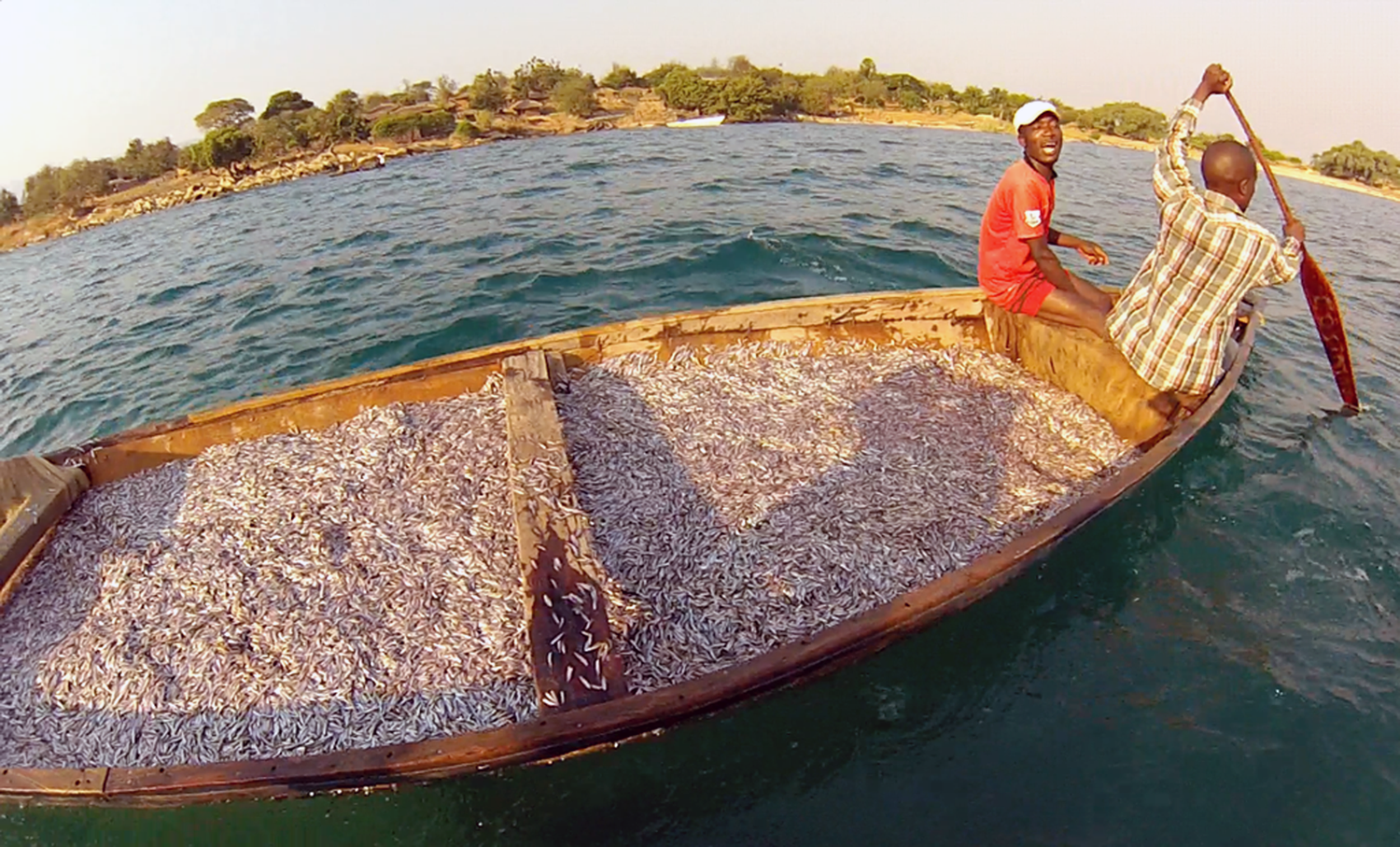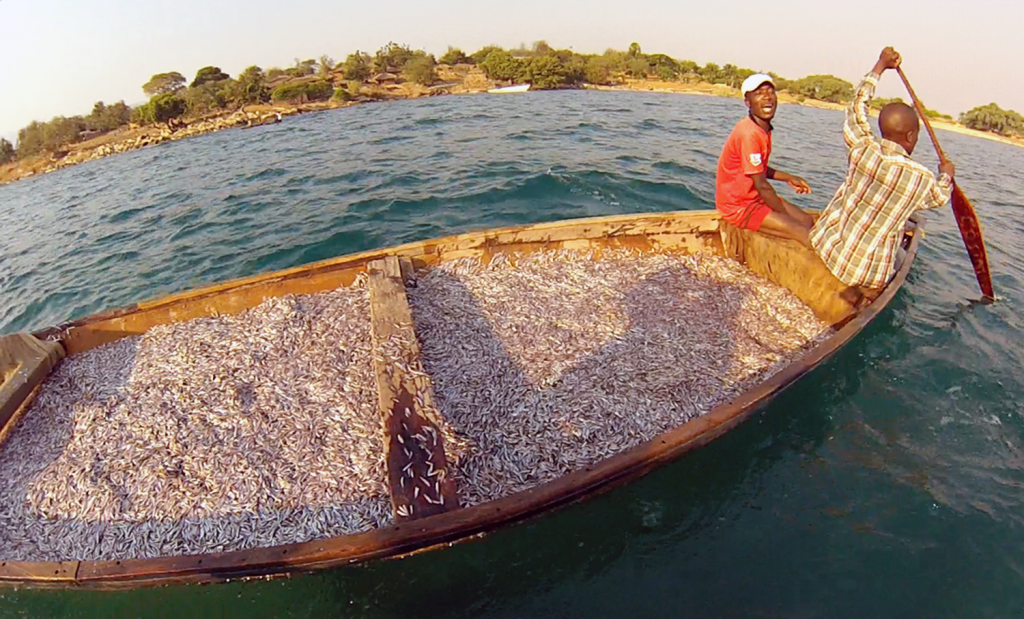MINISTERS and senior officials from Tanzania, Kenya and Uganda are scheduled to meet next month to discuss the grand five-year project-True Fish-that starts this year.
The gathering of Fisheries and Aquaculture Sectoral Council of Ministers that starts on February 1 will be preceded by the Coordination Committee Session on January 31 and the Senior Officials Sessions on January 28 through 29, 2019.
According to the East African Community (EAC) Secretariat communiqué, the progress of implementation of the True-Fish project at Lake Victoria Fisheries Organisation (LVFO) that covers the three countries will be deliberated during the meetings.
The five-year fish farming project runs from this year to 2024 under a 10 million Euros budget that the European Development Fund will finance.
The project will be executed on, particularly, Lake Victoria Basin in Kenya, Tanzania and Uganda and has been introduced due to the fact that despite efforts by the riparian countries around the lake, measures to sustainably manage the capture of fisheries have failed and stocks of the Nile perch and tilapia have drastically declined.

At the same time, aquaculture has not developed its potential and accounts for only seven to eight per cent of the regional fish consumption.
Considering population growth, increasing incomes and urbanisation, overall demand for fish in the region is projected to increase substantially in the near future.
Developing aquaculture to meet the demand for fish in the region is crucial, hence the European Union (EU) intervention to support EAC.
In May last year, the EAC Secretary General Ambassador Liberat Mfumukeko called for EAC member states to allocate more resources towards the development of fish farming in the region as a solution to mitigate the declining fish stocks in the water bodies in the community.
Ambassador Geer reiterated the importance of fish farming among the EAC countries, saying the practice has the potential to support the EAC member states in eradicating poverty as well as back sustainable development in the region.
The project aims at tackling some of the key challenges as well as sustainability risks for the development of market-led, competitive and sustainable commercial aquaculture in Lake Victoria basin.
Other objectives are improvement of access to commercial networks for aquaculture-related businesses, to increase availability and quality of local skilled workers for the development of aquaculture-related businesses among others.
The growth of a competitive commercial aquaculture sector is held back by a number of common structural constraints, including limited access to commercial networks and vocational skills training. Additionally, there are several issues that potentially undermine the sector in future.
Also, the common nature of aquaculture development challenges in region will benefit from sharing best practices. These benefits can be obtained through a project focus on the Lake Victoria riparian countries-Uganda, Tanzania and Kenya.
At the same time, Burundi and Rwanda will also benefit from the project.
According to the EU, the fisheries sector, including marine fisheries in Tanzania and Kenya contributes about four per cent of the regional Gross Domestic Product (GDP) and provides employment to over five million people with an annual catch of 878,000 tonnes of fish plus about 70,000 tonnes from aquaculture.

